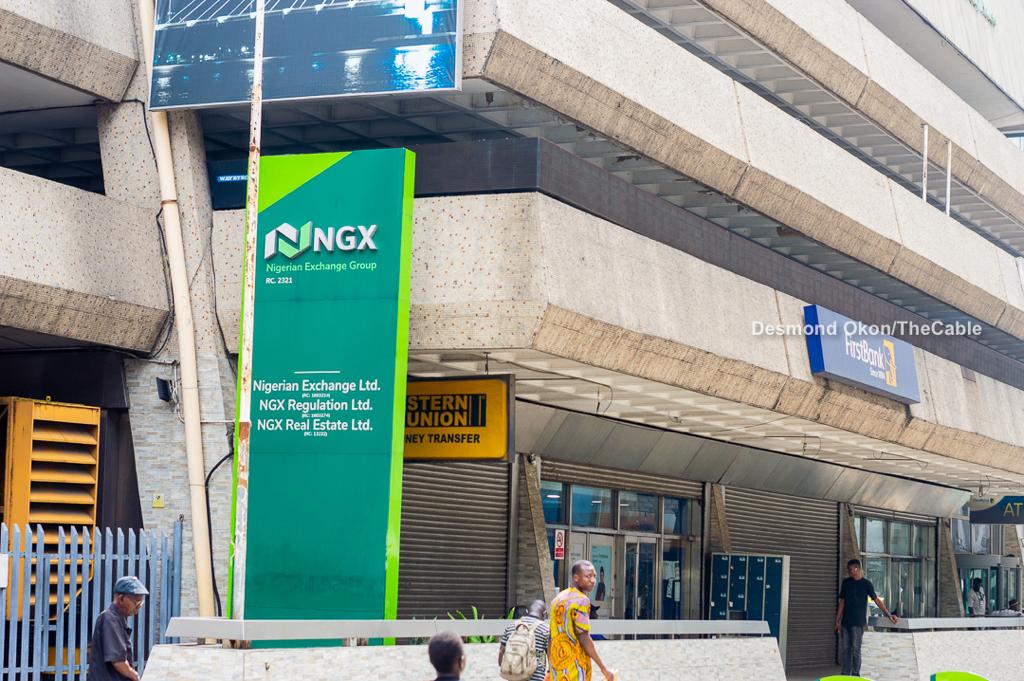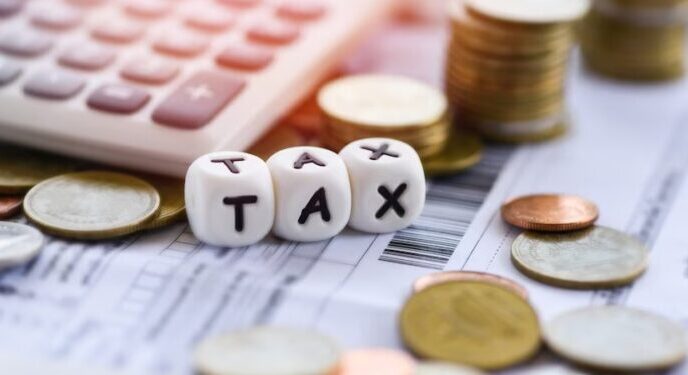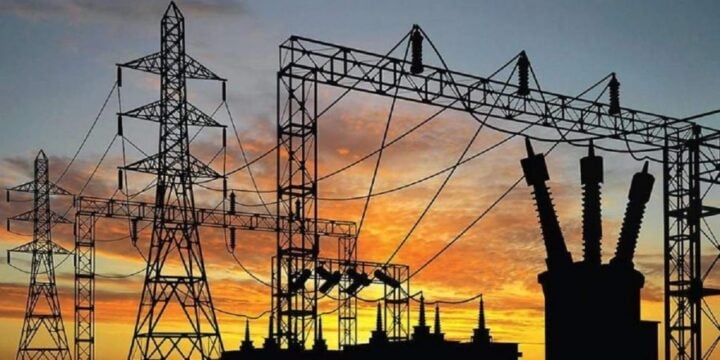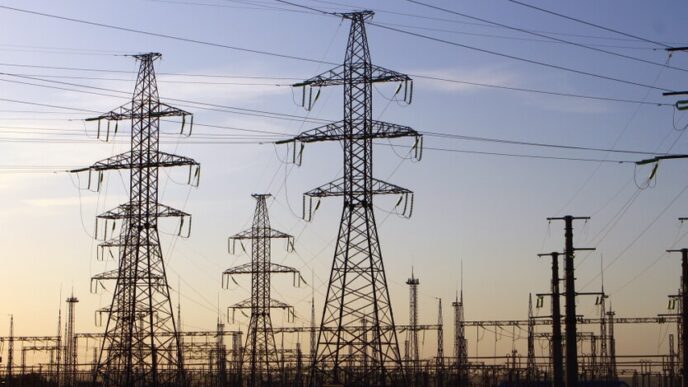The National Orientation Agency (NOA) says foreign exchange (FX) rate volatility remains the only challenge to Nigeria’s gross domestic product (GDP).
In its weekly publication released on Friday, the agency stated that Nigeria’s GDP in naira terms has sustained an upward trajectory, apart from the contraction recorded during the 2016 recession.
The NOA said the GDP rebasing exercise carried out by the National Bureau of Statistics (NBS) with 2019 as the new base year showed the economy is 38 percent larger than previously estimated at the end of 2024.
“Nigeria’s real GDP never really fell in naira terms in the past three decades but for the contraction during the 2016 recession which Nigeria swiftly recovered from in 2017,” the report said.
Advertisement
“In 2024, naira had further depreciated to an average of N1,472 to $1. In early 2025, the IMF, in its World Economic Outlook, stated that Nigeria had slid to the fourth largest economy in Africa with a dollar GDP of $187.6 billion.
“IMF in the report also stated that Nigeria’s income per capita in dollar terms had reduced to $835 towards the last quarter of 2024.
“Today, with the 2024 annual GDP of N372.8 trillion, the dollar equivalent is $243.7 billion using the current exchange rate of N1,530 to $1.
Advertisement
“It is, however, instructive that Nigeria’s GDP in naira terms has persistently maintained an upward swing, with the only challenge to GDP in dollar terms being the exchange rate volatility.”
NIGERIA’S ECONOMY CLOSE TO SURPASSING ALGERIA
The orientation agency said the 2024 GDP data in dollar terms shows Nigeria remains Africa’s fourth-largest economy, despite the upgrade from the previous estimate of $187.8 billion to $243.7 billion following the rebasing.
The agency said the new figure puts pressure on Algeria (currently holding the third-largest nominal GDP in Africa at $247.63 billion), “as it had been estimated that by the first quarter of 2025, Nigeria would upstage Algeria and take the third position.”
Advertisement
Despite FX dollar fluctuations, the NOA insisted that Nigeria’s economy remains robust in local currency terms, growing by 81.8 percent between 2019 and 2024, compared to 59.5 percent expansion between 2010 and 2019.
SERVICES SECTOR DOMINATES, REAL ESTATE SURPASSES OIL
The NBS, in its rebasing exercise, expanded sectoral coverage to include emerging segments such as e-commerce, marine economy, pension funds, mining and quarrying, and culture and tourism, along with other previously excluded groups in the informal sector, to arrive at the new GDP.
According to the report said the rebasing exercise showed that the services sector remains the largest contributor to the GDP at 53.09 percent in 2024, as against 52.6 percent in the 2019 rebasing.
Advertisement
The NOA said agriculture followed with 25.83 percent, while industries contributed 21.08 percent.
“In 2019, the informal sector contributed N86.85 trillion (42.5 percent) to the GDP – higher than the N39 trillion estimate of 2015,” the agency said.
Advertisement
“The NBS also disclosed that Nigeria’s nominal GDP in the first quarter of 2025 stood at N96.1 trillion.
“This was 18.3 percent higher than the first quarter figure of N80.93 trillion. In real terms, however, the year-on-year growth rate was put at 3.13 percent.”
Advertisement
Using the 2019 base year, the agency said crop production emerged as the highest-ranking economic activity, accounting for 17.58 percent of the N205.1 trillion rebased GDP.
This was closely followed by trade at 17.42 percent.
Advertisement
The report noted that real estate ranked third at 10.78 percent, while telecommunications and “crude petroleum” and natural gas came fourth and fifth with contributions of 6.78 percent and 5.85 percent, respectively.











